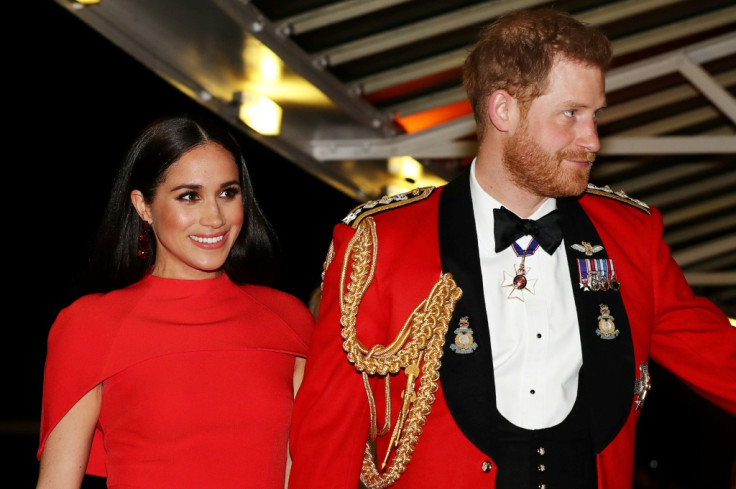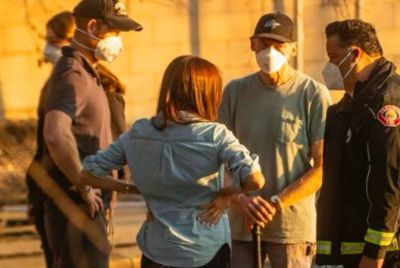Prince Harry and Meghan Markle planning secret project with 'Diversity' lead dancer Ashley Banjo
Banjo said that he would also be open to providing dance lessons to his "buddy" Prince Harry.
Prince Harry and Meghan Markle, who have spread their hands across podcasts, documentaries, as well as public-speaking engagements since quitting royal life, are now planning a collaboration with English street dancer Ashley Banjo.
The choreographer and actor, whose dance troupe Diversity won the third series of "Britain's Got Talent" in 2009, recently revealed that he has had conversations with the royal couple about a potential project. The three got in touch after the Sussexes made a phone call to him upon seeing Diversity's infamous Black Lives Matter performance on "Britain's Got Talent" in September last year, which secured the group a BAFTA win in "Virgin Media's must-see moment" category.
In a recent appearance on FUBAR Radio's "Access All Areas," Banjo said about his connection with the British royals, "I think the paths might cross at some point, I'm not sure how."
The 32-year-old refused to divulge any information about their collaboration, and reiterated, "There's been a couple of conversations, but, yeah. I'm hoping that our paths cross. That's all I'm going to say. Keep it under wraps as they say."
The dancer, however, opened up about his personal connection with the couple and joked that they "are buddies now." "We've got loads of like loads of common ground, things that we just both relate on," he said.
Banjo also said that he would be open to provide some dance lessons to his pal Harry in the future. He said: "Do you know what? I've heard that Harry can bust a move, so maybe. You just know he's a party boy. You know he can get down."
On a serious note, the dancer thanked the Sussexes for the phone call they made to praise the BLM routine, at a time when the performance was facing severe criticism and racked up more than 30,000 complaints from viewers to UK's communications regulator Ofcom. Banjo recalled: "At the time the conversation was really needed. It was just one of many conversations I had that was like, got me through that sort of like really deep, like dark period."
"Every single message of positivity with people supporting made the difference between me thinking that the whole country was against Diversity to thinking that there was a majority of support. That was basically down to the phone calls and the messages and the comments from the people that were there. So I'm forever grateful for them," he explained.

© Copyright IBTimes 2024. All rights reserved.






















